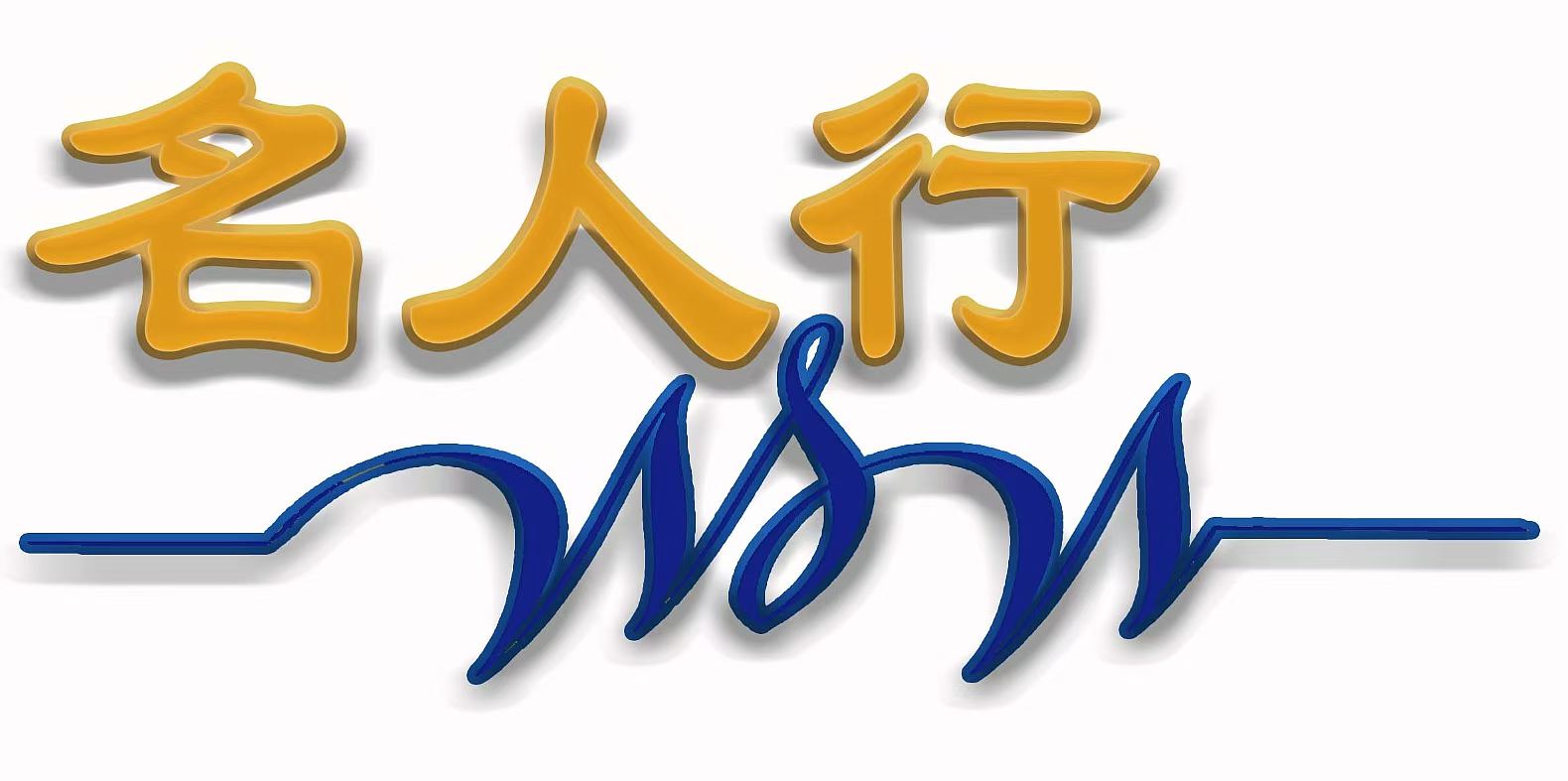To Become a Ghost or an Immortal After a Century Lies in Your Own Hands
Where do people go after death?
This is a question pondered by many philosophers. Across both Eastern and Western cultures, nearly all religions touch upon the ultimate questions of human existence. Most living beings fear death, yet what they truly dread is not death itself but the unknown—a primal anxiety inherited from ancient times. The uncertainty about the afterlife fuels this fear. In Daoist philosophy, the tangible world we inhabit is fundamentally shaped by the interplay of "Yin and Yang." As part of this universe, humans, whether alive or deceased, remain bound to these dual forces. Life is Yang, death is Yin; existence is merely the transformation of these two energies, mirroring the Daoist view of cosmic creation.
Daoism teaches that the world originated from primordial chaos, which split into Yin and Yang. The Yang energy, light and pure, ascended to form the heavens—a state described as "clear skies and crisp air." Conversely, Yin energy, heavy and stagnant, settled to become the earth. Though sharing the same origin, Heaven (Yang) and Earth (Yin) manifest distinct qualities: Earth nurtures life, while Heaven drives transformation. All beings emerge from Yin’s material essence yet grow and evolve through Yang’s dynamism. As the Daoist classic states, "The Mysterious Feminine Gate is the root of Heaven and Earth"—a metaphor for life’s origin in the maternal, Yin principle.
From infancy to old age, human life reflects the rise and decline of Yang energy within. A newborn embodies gathering Yang, which peaks in youth and wanes with age. When Yang dissipates entirely, physical life ends. This cycle—emergence from nothingness, growth, and return to nothingness—echoes nature’s seasons: spring’s birth, summer’s vigor, autumn’s harvest, and winter’s rest. As Yang peaks in summer, it inevitably yields to Yin, bringing autumn’s decay and winter’s stillness. Similarly, human life transitions from vitality to twilight, culminating in death.
The rhythm of the cosmos, governed by Yin and Yang’s endless cycle, mirrors human existence. At birth, a spark of Yang coalesces, grows, flourishes, and finally fades. Death marks not an end but Yin’s resurgence. Living beings dwell in Yang’s domain, leaving Yin’s realm shrouded in mystery—hence our fear of death. Yet understanding that Yin is Yang’s transformation reveals death as life’s continuation.
Zhuangzi proclaimed, "Life and death are one," urging people to focus on the present rather than obsess over the afterlife. As an enlightened sage, he saw through life’s duality, transcending mortal anxieties. However, ordinary humans, entangled in worldly desires, still lament, "To equate life and death is folly; to conflate longevity and brevity is delusion."
Why do some ascend as immortals while others descend to the underworld? The answer lies in Yin and Yang. When Yang energy fades, the body perishes, but its dual energies endure. For most, Yin’s heaviness aligns with Earth, explaining why Daoism locates the City of Ghosts (Fengdu) underground. In life, indulgence in worldly cravings taints the soul, binding it to Yin’s turbidity. After death, the soul—purged of earthly attachments through trials in the underworld—returns to pristine Yang, akin to a newborn’s purity. Thus, the cycle of rebirth continues.
For Daoist cultivators, however, life is a path of discipline. By curbing desires, repenting misdeeds, and refining the "Three Obstacles" (body, mind, and intent), they preserve their Yang Spirit’s clarity. Though their bodies decay, their luminous Yang Spirit—ethereal and pure—merges with Heaven, ascending as an immortal. Birth, aging, and death are natural, ensuring humanity’s perpetual renewal.
Yet most squander their mortal existence. Chasing fleeting pleasures, they squander their innate Yang energy, condemning themselves to endless cycles of suffering. Daoism, compassionate and redemptive, guides practitioners to awaken in this life. Through cultivation, one may transcend fate.
Yin and Yang reside within. A century hence, whether you become a ghost or an immortal rests solely in your hands.

Comments (0)
No comments